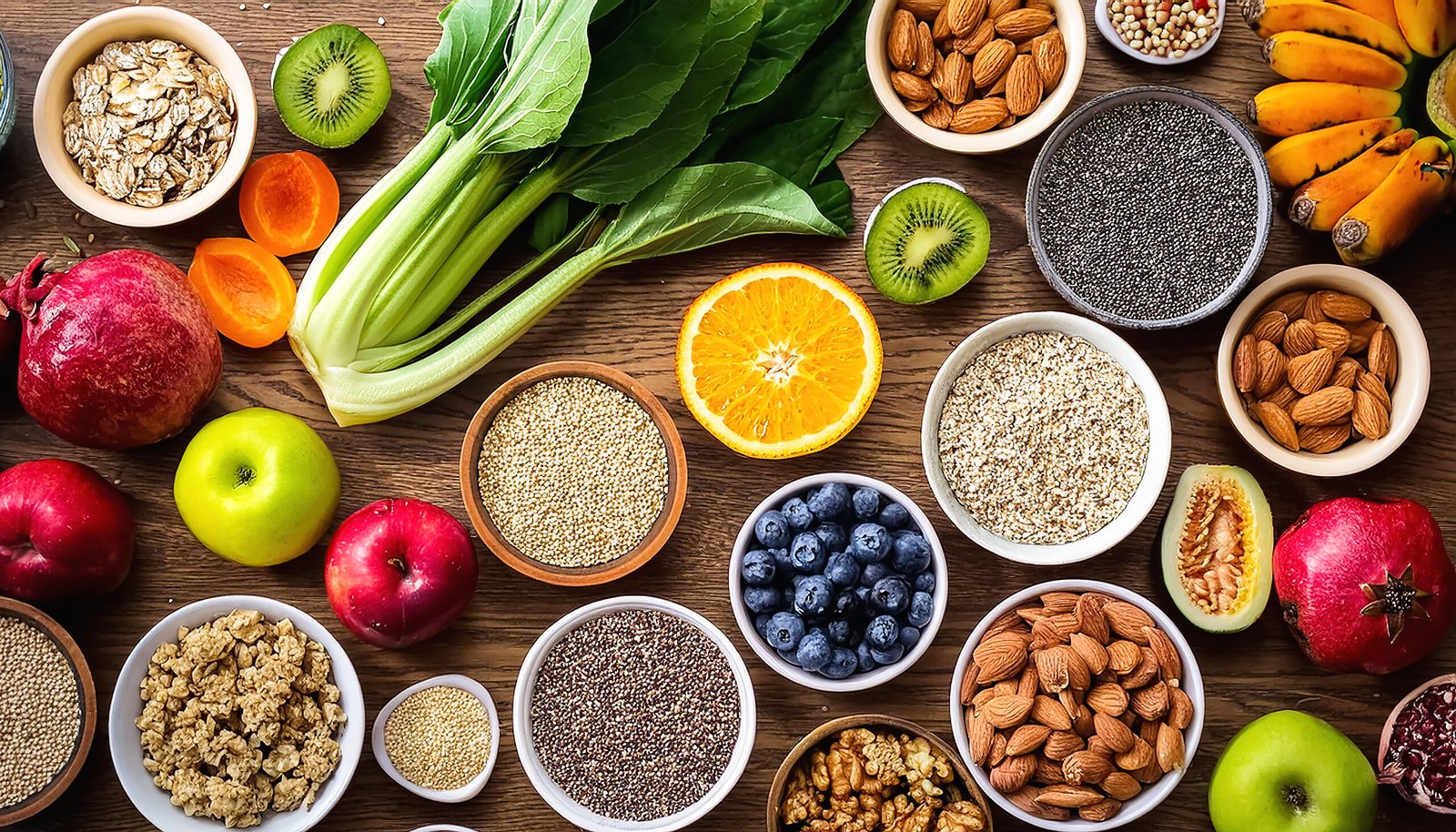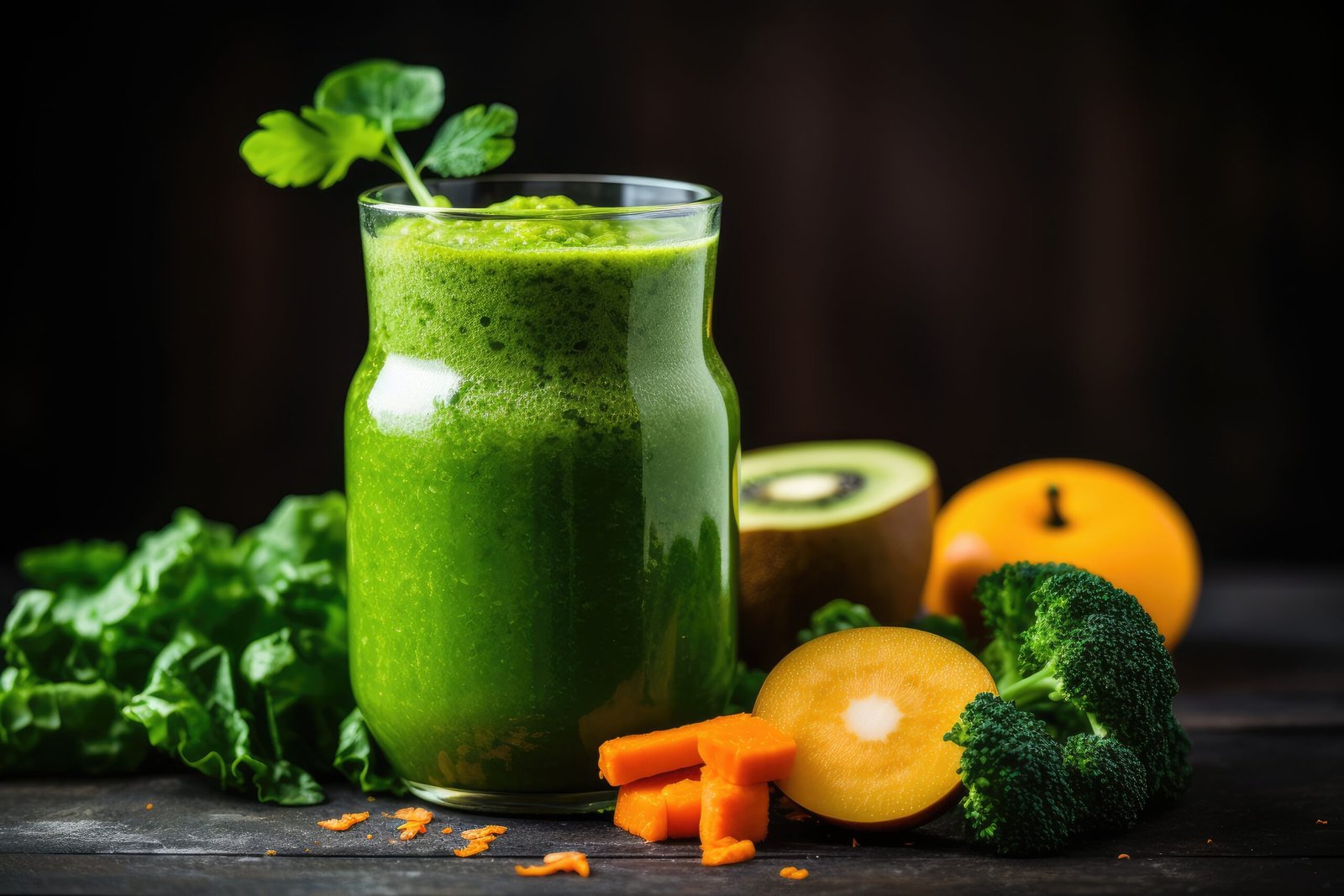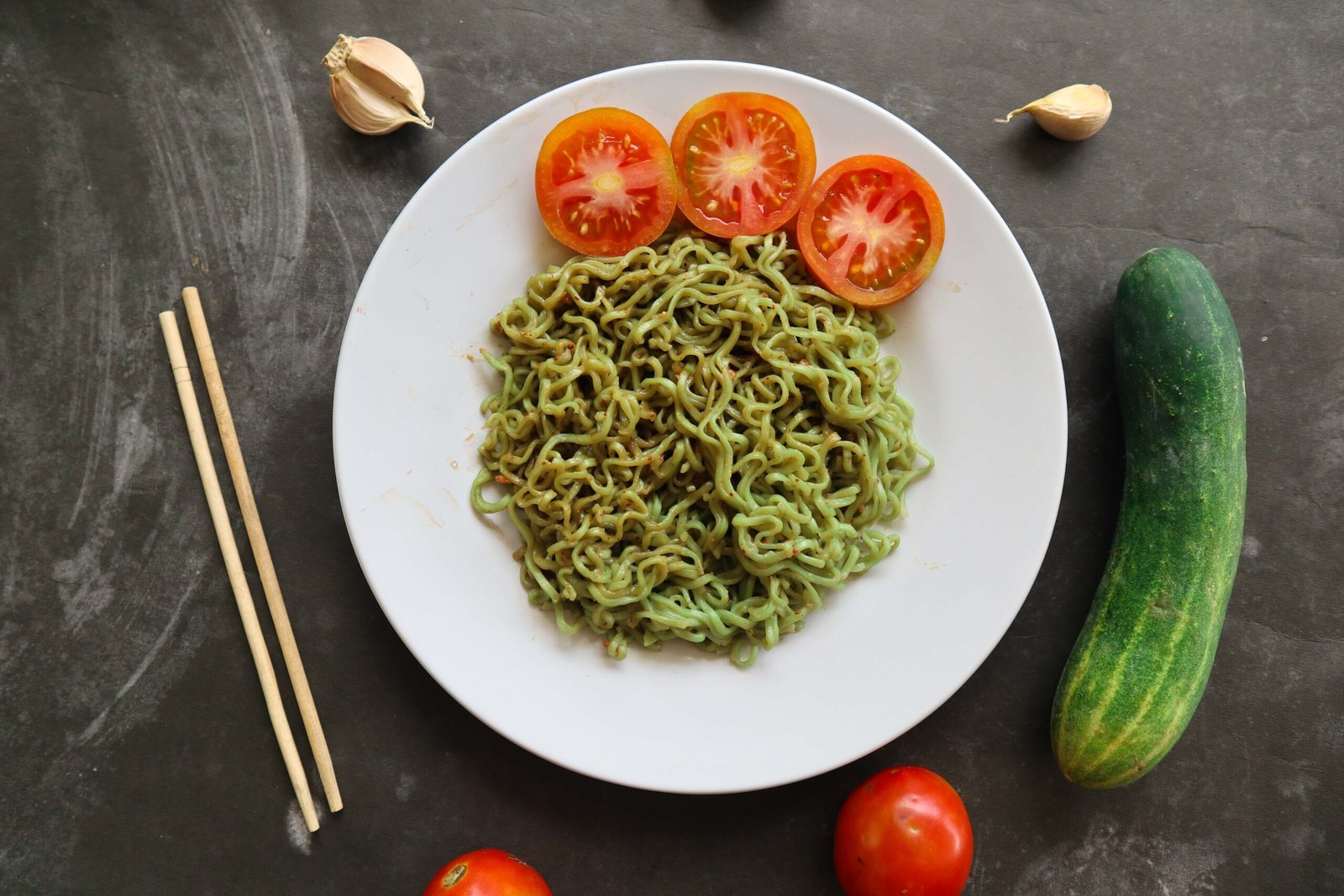Exploring the Role of Gut Health in Overall Wellness
Imagine a bustling city inside your body, with millions of tiny workers keeping everything running smoothly. That’s kind of what your gut is like! Your gut, also known as your digestive system, plays a super important role in your overall health. It’s not just about digesting food – your gut affects everything from your mood to your immune system. Let’s dive into the world of gut health and discover why it’s such a big deal!

What is gut health?
When we talk about gut health, we’re referring to how well your digestive system is working. This includes your stomach, intestines, and all the helpful bacteria that live there. These bacteria, called gut microbiome, are like friendly little helpers that keep your gut running smoothly.
Good gut health means that your digestive system is working well, and you have a good balance of helpful bacteria in your gut. When your gut is healthy, you’ll feel great overall. You’ll have more energy, a stronger immune system, and even a better mood!

The benefits of good gut health
Having a healthy gut comes with tons of awesome benefits. Here are some of the ways good gut health can make your life better:

Better digestion: When your gut is healthy, you’re less likely to have tummy troubles like bloating, constipation, or diarrhea. Your body can absorb nutrients from food more easily, which means you’ll get more energy from what you eat.

Stronger immune system: Did you know that about 70% of your immune system is in your gut? When your gut is healthy, your immune system works better, helping you fight off colds and other illnesses.
Improved mood: There’s a strong connection between your gut and your brain. When your gut is happy, your brain is more likely to be happy too! Good gut health can help reduce feelings of anxiety and depression.

Better skin: A healthy gut can lead to clearer, healthier-looking skin. Many skin problems, like acne or eczema, can be linked to gut health issues.

Weight management: A balanced gut microbiome can help you maintain a healthy weight by improving your metabolism and reducing inflammation.
Reduced risk of chronic diseases: Good gut health has been linked to a lower risk of developing serious health problems like diabetes, heart disease, and some types of cancer.

What is bad gut health?
On the flip side, bad gut health can cause all sorts of problems. When your gut isn’t working well, you might experience:

Digestive issues: This can include things like frequent stomach aches, bloating, gas, constipation, or diarrhea.

Fatigue: If your gut isn’t absorbing nutrients properly, you might feel tired all the time.

Mood swings: An unhealthy gut can contribute to anxiety, depression, and mood swings.

Skin problems: Acne, eczema, and other skin issues can be signs of poor gut health.

Food intolerances: If you suddenly start having trouble with certain foods, it could be a sign that your gut health is off.

Autoimmune problems: An unhealthy gut can sometimes lead to autoimmune diseases, where your body’s immune system attacks itself.

Why do people have bad gut health?
There are lots of reasons why someone might have poor gut health. Some common causes include:

Poor diet: Eating too much processed food, sugar, and unhealthy fats can harm your gut bacteria.

Stress: Being stressed out all the time can mess with your gut health.

Lack of sleep: Not getting enough sleep can throw off the balance of bacteria in your gut.

Overuse of antibiotics: While antibiotics are important for fighting infections, using them too often can kill off good gut bacteria along with the bad.

Lack of exercise: Not moving your body enough can slow down your digestion and harm your gut health.

Environmental factors: Things like pollution and chemicals in our food and water can negatively impact gut health.

How to create good gut health
The good news is that there are lots of things you can do to improve your gut health! Here are some tips to get your gut in tip-top shape:

Eat a diverse diet: Try to eat a wide variety of fruits, vegetables, whole grains, and lean proteins. The more diverse your diet, the more diverse and healthy your gut bacteria will be.

Add fermented foods to your diet: Foods like yogurt, kefir, sauerkraut, and kimchi contain helpful probiotics that can boost your gut health.

Eat plenty of fiber: Fiber acts as food for your good gut bacteria. Foods high in fiber include fruits, vegetables, whole grains, and legumes.

Stay hydrated: Drinking plenty of water helps keep things moving through your digestive system.

Reduce sugar and processed foods: These foods can feed harmful bacteria in your gut, so try to limit them.

Exercise regularly: Moving your body helps keep your digestive system working well and can improve the diversity of your gut bacteria.
Manage stress: Try relaxation techniques like deep breathing, meditation, or yoga to keep stress levels in check.

Get enough sleep: Aim for 7-9 hours of sleep each night to give your gut time to rest and repair.

Consider taking probiotics: These supplements contain helpful bacteria that can boost your gut health. Talk to your doctor before starting any new supplements.
All that’s associated with gut health:
Gut health is connected to so many aspects of our overall well-being. Here are some interesting connections:

Brain health: Scientists have discovered a strong link between gut health and brain function. This connection is often called the “gut-brain axis.” A healthy gut can support better memory, focus, and overall brain health.

Mental health: The gut produces many of the same neurotransmitters that the brain does, including serotonin, which affects mood. This is why gut health can have such a big impact on mental health.

Allergies: Some research suggests that an imbalanced gut microbiome might contribute to the development of allergies.

Heart health: A healthy gut may help lower cholesterol levels and reduce the risk of heart disease.

Inflammation: Chronic inflammation in the body is linked to many health problems. A healthy gut can help reduce overall inflammation.
Sleep quality: The gut produces melatonin, a hormone that helps regulate sleep. Good gut health might lead to better sleep.

Bone health: A healthy gut helps your body absorb important minerals like calcium, which is crucial for strong bones.

Athletic performance: Some athletes are paying close attention to their gut health to improve their performance and recovery.

Skin health: The connection between gut health and skin is sometimes called the “gut-skin axis.” Improving gut health can often lead to clearer, healthier skin.

Aging: Some scientists believe that maintaining a healthy gut microbiome might help slow down the aging process.
As you can see, gut health is super important for your overall wellness. It’s not just about avoiding tummy troubles – it’s about feeling great from head to toe! By taking care of your gut, you’re taking care of your whole body.

Remember, everyone’s gut is unique, kind of like a fingerprint. What works for one person might not work for another. If you’re having gut health issues, it’s always a good idea to talk to a doctor or a registered dietitian. They can help you figure out the best way to improve your gut health based on your individual needs.
So, the next time you eat a meal, think about all those tiny workers in your gut city. Are you feeding them foods that will help them thrive? By making small changes to support your gut health, you can make a big difference in how you feel every day. Here’s to happy, healthy guts!



















0 Comments